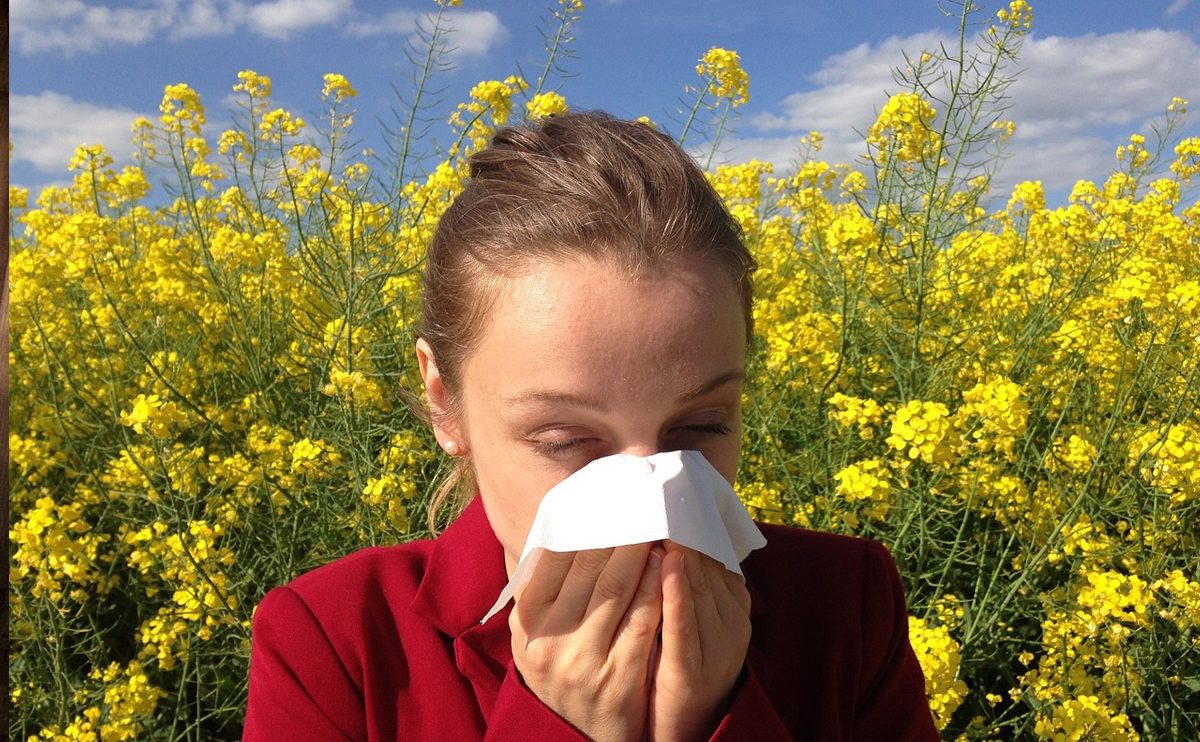Allergies are health problems in the form of immune system disorders. This condition is characterized by an excessive immune system reaction
Understanding
Allergies are health problems in the form of immune system disorders. This condition is characterized by an excessive immune system reaction when exposure to certain substances from outside the body occurs, which are actually not harmful substances.
Allergies can occur due to various substances. The body’s reaction to allergies is very diverse. The reaction can occur in the digestive tract, respiratory tract, skin, or other body parts. Allergies generally appear since childhood. However, it is not uncommon for new allergy symptoms to appear in adults.
Reason
Allergies are triggered by a type of antibody in the body, called Immunoglobulin E (IgE). Under normal circumstances, these antibodies play a role against substances from outside that can harm the body. However, in allergy sufferers, IgE is also activated when exposed to substances that are actually not harmful to the body, for example, cold air, eggs, nuts, and so on.
The mechanism that causes IgE hyperactivity is not known with certainty. However, the following things can make a person more susceptible to allergies:
- Have a family history of allergies or asthma
- Have asthma
- Less exposure to sunlight
- Born by Caesarean section
Allergies can occur due to any substance. However, some of the substances that most often cause allergies are egg whites, sea fish, cow’s milk, nuts, gluten (usually found in wheat flour), house dust mites, nuts, and latex materials.
Diagnosis
To determine whether an allergy is present or not, the doctor will conduct a complete and thorough medical interview regarding the symptoms experienced, how often the symptoms occur, and the exposure experienced just before experiencing symptoms. In addition, a physical examination will also be carried out to determine the form of allergies that occur.
To find out the substances that cause allergies, a good and simple way is to observe allergy sufferers about sundries when the symptoms occur. For example, if someone always experiences bumps on the skin after eating eggs, or swelling in the eyes after eating mutton, then eggs and mutton are substances that can trigger an allergy in that person.
Apart from observation, there are several types of examinations to find out what triggers allergies, namely:
- Examination of specific IgE by taking a blood sample.
- Skin prick test examination is carried out by pinching a small part of the skin and exposing it to a substance that is suspected of triggering an allergy.
- A patch test ( patch test ), is carried out by attaching a substance that is suspected of causing allergies to the skin.
Symptom
Allergy symptoms vary widely. Not infrequently, the symptoms are similar to other diseases. Generally, the symptoms that appear depend on the exposure to the allergic substance that is experienced.
If a person is allergic to dust or flower pollen, the symptoms of allergies that appear are usually disorders of the respiratory tract. Some of the symptoms that appear include runny nose, nasal congestion, itchy nose, sneezing, itchy and watery eyes, or a cough that doesn’t go away.
Allergic symptoms can also appear on the skin, which can include itchy skin, bumps, peeling, or spots appearing on the skin. Meanwhile, if allergies are caused by certain types of food, symptoms generally arise in the digestive tract. Symptoms can include vomiting, swollen tongue, swollen lips, numb lips, stomach cramps, diarrhea, or bloody bowel movements.
If an allergy is triggered by an insect bite, the symptoms that appear are swollen and red skin, and bumps on the skin, and can be accompanied by shortness of breath, wheezing, or a sudden drop in blood pressure.
Allergic reactions can also be very severe and life-threatening. This condition is called anaphylaxis. Anaphylaxis can occur minutes after exposure to certain substances, or several hours after exposure.
Anaphylaxis is initially characterized by itching and burning all over the body, swollen lips or around the eyes, numb and swollen tongue, coughing, and hoarseness. Then followed by shortness of breath, decreased consciousness, and blood pressure becoming very low. If not treated immediately, anaphylaxis can cause death.
Treatment
The best way to deal with allergies is to avoid substances that cause allergies. For example, if someone is allergic to peanuts, then that person should not eat foods that contain peanuts at all.
But there are times, avoiding substances that trigger allergies is not possible to do. For example, if someone is allergic to dust or pollen. If the cause of the allergy is difficult to control or unavoidable, then there are drugs that can be used to relieve allergic reactions. Medications such as antihistamines, decongestants, or corticosteroids.
In severe allergic conditions, treatment with immunotherapy can be done. Immunotherapy is a treatment by rehabilitating the immune system so that it is not too sensitive to foreign substances that are actually not harmful to the body.
If the allergy that occurs is anaphylaxis, then a person needs to get an injection of a drug containing 1:1000 adrenaline as soon as possible and needs to be treated in a hospital
Prevention
To prevent allergy symptoms, the most important thing is to identify the triggers of allergies and try not to be exposed to these substances at all.












Add Comment